
We entered Uganda on a very early and cramped bus from Kisumu, Kenya, arriving at the international border at Busia. International borders in East Africa are not unpleasant, but they do have their hassles.
Immediately we were surrounded and accosted by a swarm of men wearing bright-colored uniform smocks holding massive wads of cash and calculators trying every technique to get us to exchange our money for the local currency. When this happens it already puts red flags to the mind and questions like "why can't I change money after we go through immigration?" come to mind. And then the alarm sounds when they offer exchange rates that (1) sound too good to be true, (2) is to good to be true, and (3) makes you wonder how they can actually use these rates to earn a living. So, we declined (many times if that wasn't enough) and proceeded through the immigration procedures and pay for our visas. Then we saw the sign posted saying that it is illegal to exchange money at the border. (At another border in our adventure a tourist on our bus exchanged her local currency for a crisp new fake US $100 bill that was essentially a wax covered, white and black xeroxed copy. Sorry!).
 Walking through the No Man's Land between border posts (50m) a large, white tanker truck was parked to the side. A black gooey mess was slowly oozing out of the very top hatch like a bubbling geyser. A group of boys were scraping the tar-like substance from the tanker, from the ground, and from themselves and collecting it in various dirty plastic containers. We assumed it was oil, bus in passing the spectacle we noticed it had a very sweet smell. Molasses! A band of older women we scolding the boys in Kiswahili, probably to the tune of "Don't you dare on selling that to people at the market!"
Walking through the No Man's Land between border posts (50m) a large, white tanker truck was parked to the side. A black gooey mess was slowly oozing out of the very top hatch like a bubbling geyser. A group of boys were scraping the tar-like substance from the tanker, from the ground, and from themselves and collecting it in various dirty plastic containers. We assumed it was oil, bus in passing the spectacle we noticed it had a very sweet smell. Molasses! A band of older women we scolding the boys in Kiswahili, probably to the tune of "Don't you dare on selling that to people at the market!"
After going through immigration our bus was cleared by Customs and we proceeded down the main road towards Kampala, through the heart of Eastern Uganda. We had the pleasure of meeting a young, German woman working on her master's degree studying the impacts of European Union trade agreements with Uganda. She told us that it is actually more economical for Uganda to import many goods from Europe than from its East African neighbors, being hampered by local infrastructure and high duties imposed on these goods in the region. However, moves are being made to incorporate all of East Africa into one customs union to encourage trade and secondary processing in the region. Moving on . . .
by Customs and we proceeded down the main road towards Kampala, through the heart of Eastern Uganda. We had the pleasure of meeting a young, German woman working on her master's degree studying the impacts of European Union trade agreements with Uganda. She told us that it is actually more economical for Uganda to import many goods from Europe than from its East African neighbors, being hampered by local infrastructure and high duties imposed on these goods in the region. However, moves are being made to incorporate all of East Africa into one customs union to encourage trade and secondary processing in the region. Moving on . . .
When Winston Churchill called Uganda the "Pearl of Africa" he may have been referring to the striking county side of the central or southern provinces: the crater lakes among hills and mountains lush and green, or the amazing abundance of wildlife that the country "once" boasted, the source of the mighty and mystical Nile River or perhaps just the beautiful people themselves, the many inhabitants of Uganda's many historical kingdoms. Although Churchill witnessed a Uganda that hadn't seen the horrors of the Idi Amin's regime and the turmoil of the 1970's and 80's, he was on to something. Uganda is a spectacular country, that seems to cultivate hope as rich as the volcanic grounds in the south cultivate tea and bananas.
Immediately we were surrounded and accosted by a swarm of men wearing bright-colored uniform smocks holding massive wads of cash and calculators trying every technique to get us to exchange our money for the local currency. When this happens it already puts red flags to the mind and questions like "why can't I change money after we go through immigration?" come to mind. And then the alarm sounds when they offer exchange rates that (1) sound too good to be true, (2) is to good to be true, and (3) makes you wonder how they can actually use these rates to earn a living. So, we declined (many times if that wasn't enough) and proceeded through the immigration procedures and pay for our visas. Then we saw the sign posted saying that it is illegal to exchange money at the border. (At another border in our adventure a tourist on our bus exchanged her local currency for a crisp new fake US $100 bill that was essentially a wax covered, white and black xeroxed copy. Sorry!).
 Walking through the No Man's Land between border posts (50m) a large, white tanker truck was parked to the side. A black gooey mess was slowly oozing out of the very top hatch like a bubbling geyser. A group of boys were scraping the tar-like substance from the tanker, from the ground, and from themselves and collecting it in various dirty plastic containers. We assumed it was oil, bus in passing the spectacle we noticed it had a very sweet smell. Molasses! A band of older women we scolding the boys in Kiswahili, probably to the tune of "Don't you dare on selling that to people at the market!"
Walking through the No Man's Land between border posts (50m) a large, white tanker truck was parked to the side. A black gooey mess was slowly oozing out of the very top hatch like a bubbling geyser. A group of boys were scraping the tar-like substance from the tanker, from the ground, and from themselves and collecting it in various dirty plastic containers. We assumed it was oil, bus in passing the spectacle we noticed it had a very sweet smell. Molasses! A band of older women we scolding the boys in Kiswahili, probably to the tune of "Don't you dare on selling that to people at the market!"After going through immigration our bus was cleared
 by Customs and we proceeded down the main road towards Kampala, through the heart of Eastern Uganda. We had the pleasure of meeting a young, German woman working on her master's degree studying the impacts of European Union trade agreements with Uganda. She told us that it is actually more economical for Uganda to import many goods from Europe than from its East African neighbors, being hampered by local infrastructure and high duties imposed on these goods in the region. However, moves are being made to incorporate all of East Africa into one customs union to encourage trade and secondary processing in the region. Moving on . . .
by Customs and we proceeded down the main road towards Kampala, through the heart of Eastern Uganda. We had the pleasure of meeting a young, German woman working on her master's degree studying the impacts of European Union trade agreements with Uganda. She told us that it is actually more economical for Uganda to import many goods from Europe than from its East African neighbors, being hampered by local infrastructure and high duties imposed on these goods in the region. However, moves are being made to incorporate all of East Africa into one customs union to encourage trade and secondary processing in the region. Moving on . . .When Winston Churchill called Uganda the "Pearl of Africa" he may have been referring to the striking county side of the central or southern provinces: the crater lakes among hills and mountains lush and green, or the amazing abundance of wildlife that the country "once" boasted, the source of the mighty and mystical Nile River or perhaps just the beautiful people themselves, the many inhabitants of Uganda's many historical kingdoms. Although Churchill witnessed a Uganda that hadn't seen the horrors of the Idi Amin's regime and the turmoil of the 1970's and 80's, he was on to something. Uganda is a spectacular country, that seems to cultivate hope as rich as the volcanic grounds in the south cultivate tea and bananas.
Moving west towards Kampala we went over a newly constructed hydroelectric dam at Jinja over the Nile River. It is here that the Nile River begins is long winding journey towards its delta in northern Egypt. The initial stretch of the Nile is a turbulent, whirling conveyor that many adventurous an trill seeking ("crazy") people spend their hard earned money to tempt fate on 30km (~18 miles) of class five white-water rapids. I do not deny that the two of us had planned on taking the trip, but it was probably our best judgement that won our minds over in the end. Even to the best attempts at others who had done the trip before to convince us that is was safe although they thought at the time that "there comes a point during the trip when you literally think that you're doing to die", we declined. Unfortunately during our stay in Uganda an eleven year old girl lost her life on that stretch of river white-water rafting, an uncommon yet always possible reality.
 We entered the capital of Kampala on a rather sour note...long ride, we were again in the back row of seats on the bus (which not only don't recline but also have 5 people across) and I had a Kenyan woman which had unrelentlessly slept on me with her dead weight for nearly the last 4 hours of the trip. Upon crossing the border we noticed a couple things: (1)the roads were surprisingly better on the Ugandan side and (2) the housing had changed from the cut stones of the Rift Valley inhabitants to clay bricks on the Ugandan side. I am sure that none of these changes were as stark as we remember, due to semi-unconsciousness for about the last 3-4 hours before being woke up at about 4:30 am to cross the border. Upon reaching Kampala, which sprawls out forever draped over seven rolling hills, we headed for our campsite outside the capital a bit and pitched our tent. There was laundry to be done, sleep to be had (in a horizontal position) and food to be eaten (bus commuters survive on a diet of "stick meat" such as roasted beef or goat and chapati or Indian flat bread). Upon setting up the tent we noticed some large, unusual birds, a resident group of vervet monkeys and the sun striking the distant hill just the right way that made this capital city seem like a jewel compared to Nairobi.
We entered the capital of Kampala on a rather sour note...long ride, we were again in the back row of seats on the bus (which not only don't recline but also have 5 people across) and I had a Kenyan woman which had unrelentlessly slept on me with her dead weight for nearly the last 4 hours of the trip. Upon crossing the border we noticed a couple things: (1)the roads were surprisingly better on the Ugandan side and (2) the housing had changed from the cut stones of the Rift Valley inhabitants to clay bricks on the Ugandan side. I am sure that none of these changes were as stark as we remember, due to semi-unconsciousness for about the last 3-4 hours before being woke up at about 4:30 am to cross the border. Upon reaching Kampala, which sprawls out forever draped over seven rolling hills, we headed for our campsite outside the capital a bit and pitched our tent. There was laundry to be done, sleep to be had (in a horizontal position) and food to be eaten (bus commuters survive on a diet of "stick meat" such as roasted beef or goat and chapati or Indian flat bread). Upon setting up the tent we noticed some large, unusual birds, a resident group of vervet monkeys and the sun striking the distant hill just the right way that made this capital city seem like a jewel compared to Nairobi.
 Hanging out for a couple days in Kampala was essential on several points, the first being we had not a stitch of clothing clean upon entering and we had to figure out that our volunteer-budget traveling would not allow us to go see the gorillas-the price having risen to $500 USD a person for one hour or nearly that to enter the Democratic Republic of the Congo for a little-less with a lot more risk. So what to do while the clothes are dripping dry? Walk around the city of course!
Hanging out for a couple days in Kampala was essential on several points, the first being we had not a stitch of clothing clean upon entering and we had to figure out that our volunteer-budget traveling would not allow us to go see the gorillas-the price having risen to $500 USD a person for one hour or nearly that to enter the Democratic Republic of the Congo for a little-less with a lot more risk. So what to do while the clothes are dripping dry? Walk around the city of course! 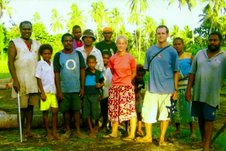
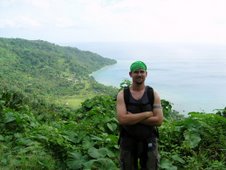
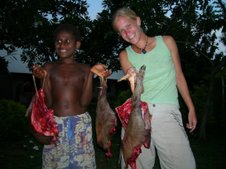
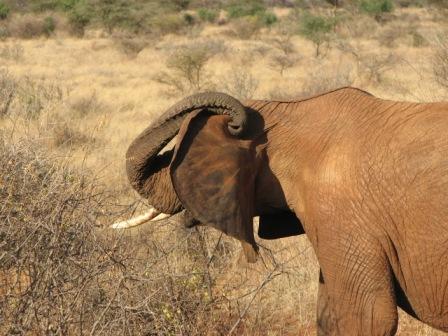
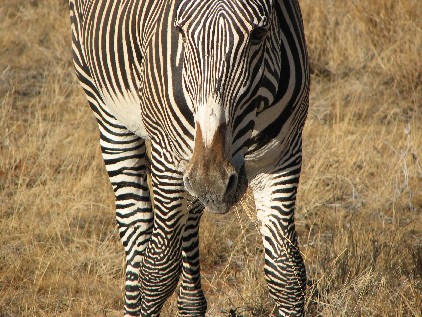
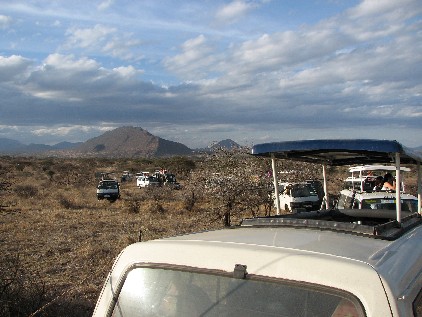
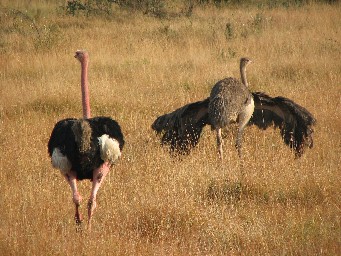
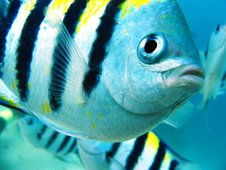
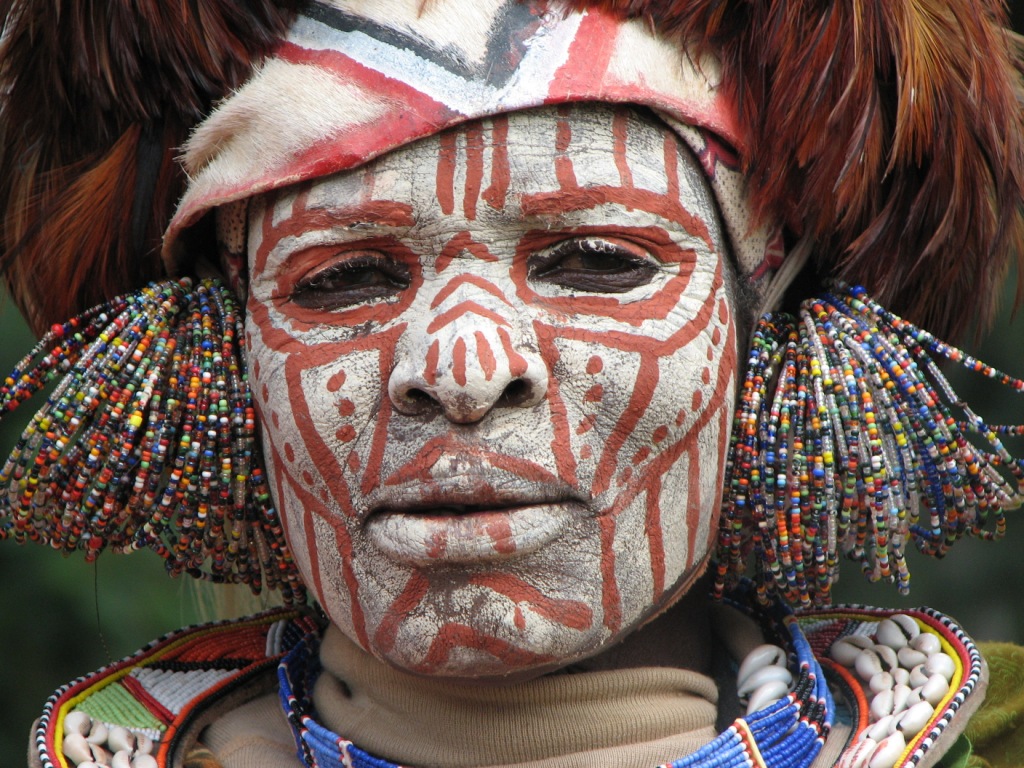
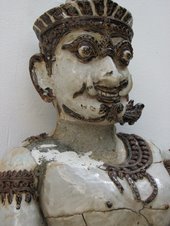
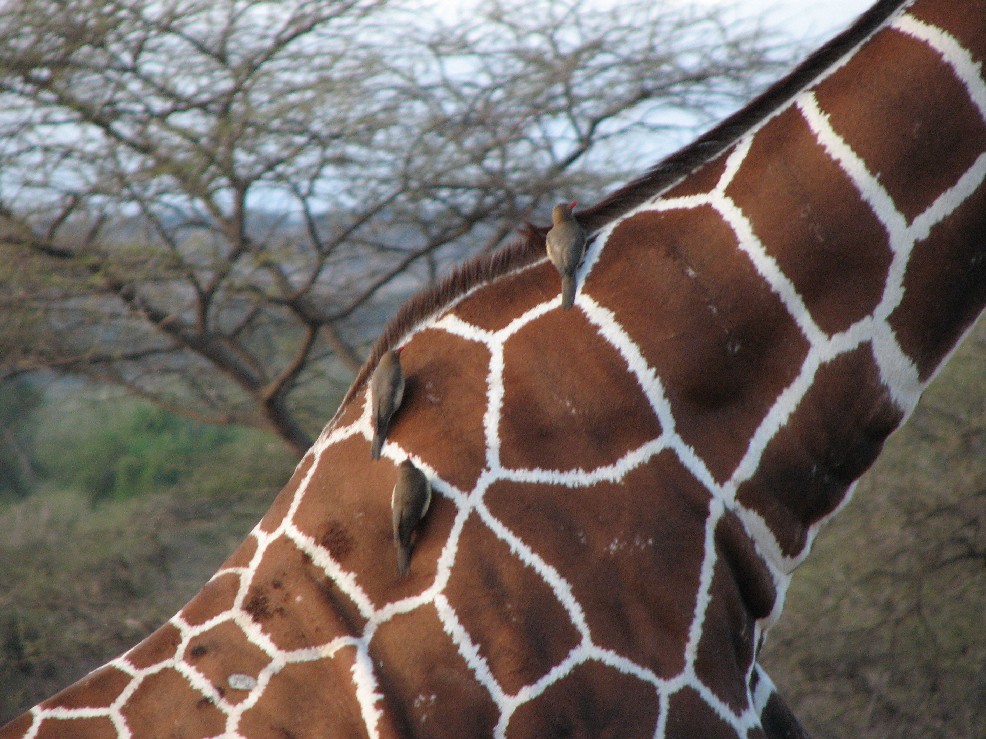
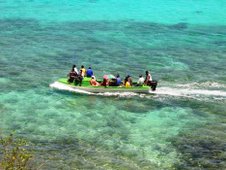
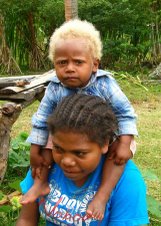
No comments:
Post a Comment